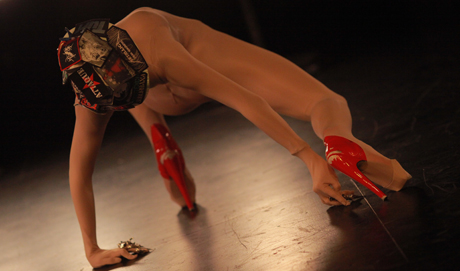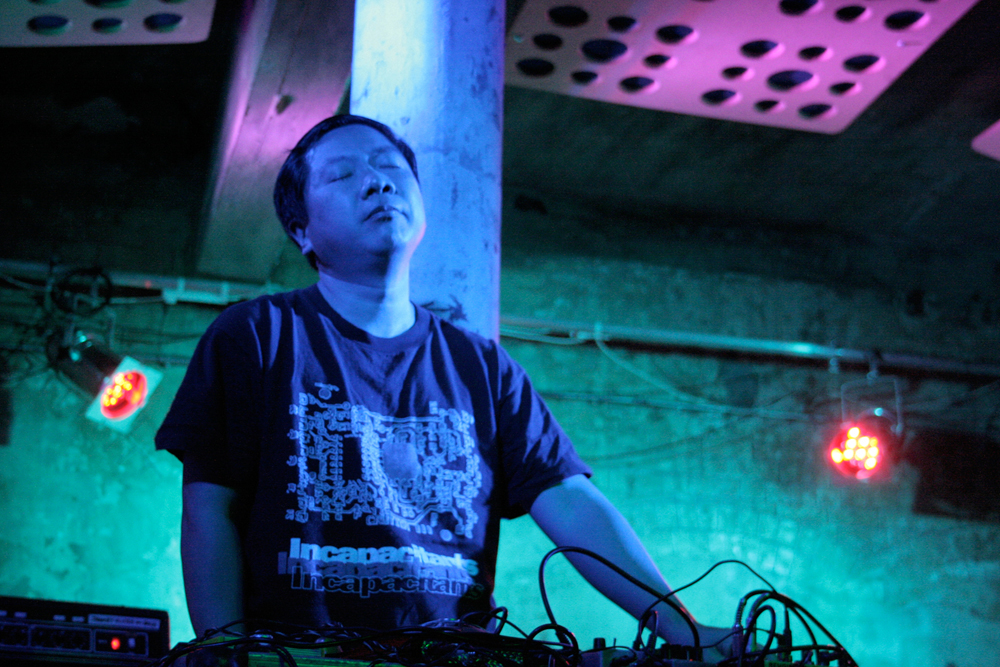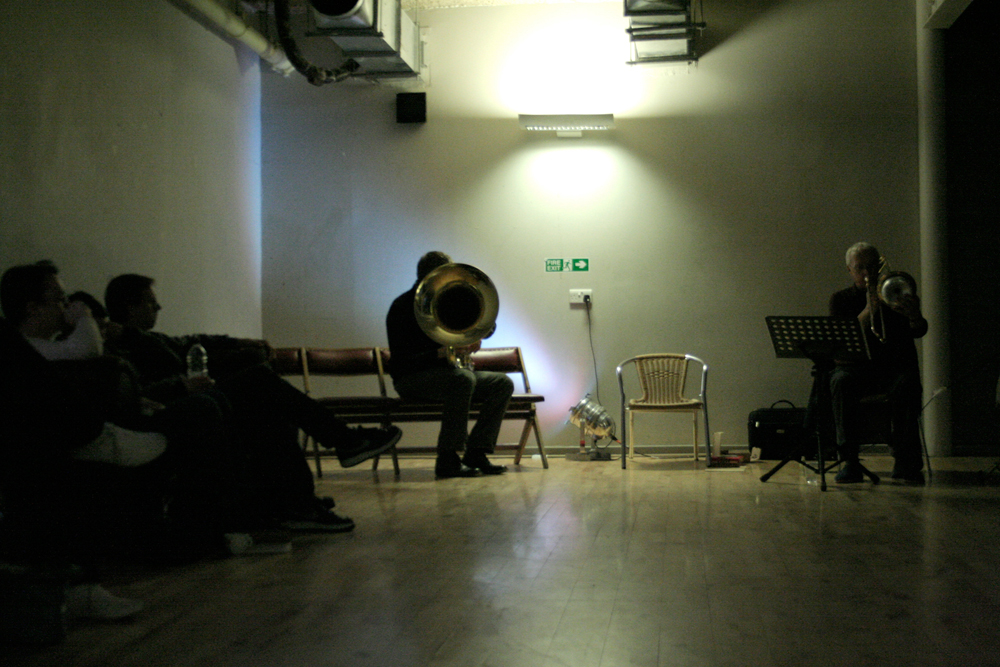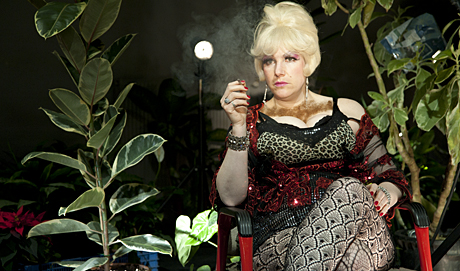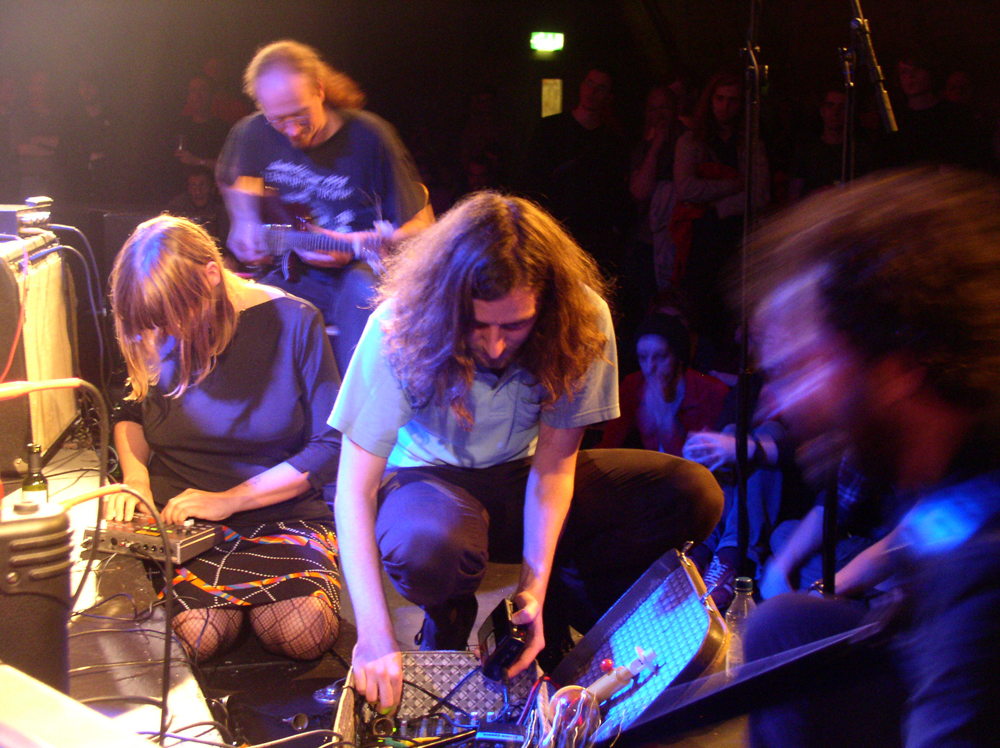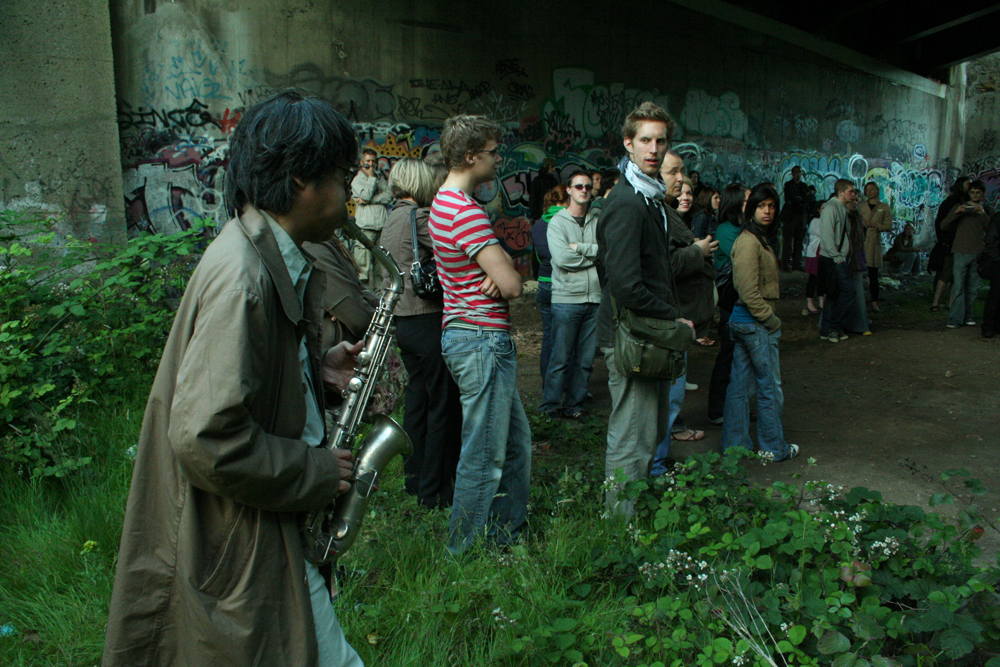
Shadowed Spaces Newcastle
Ikuro Takahashi Sean Meehan Tamio Shiraishi Denis Wood
A concrete walkway ending in mid air, a ridiculously tight squeeze between three office buildings and various other sites of Labour politician and council leader T. Dan Smith’s modernist regeneration projects and ‘slum clearances’ of the 1950’s and 60’s.




